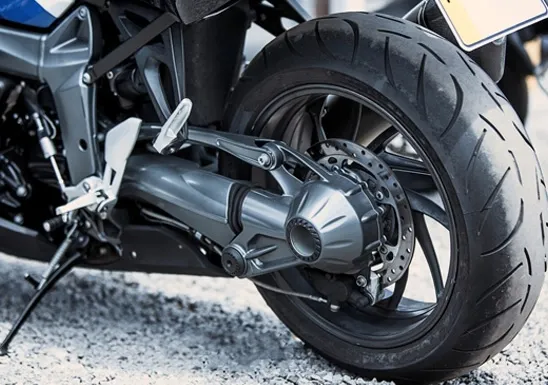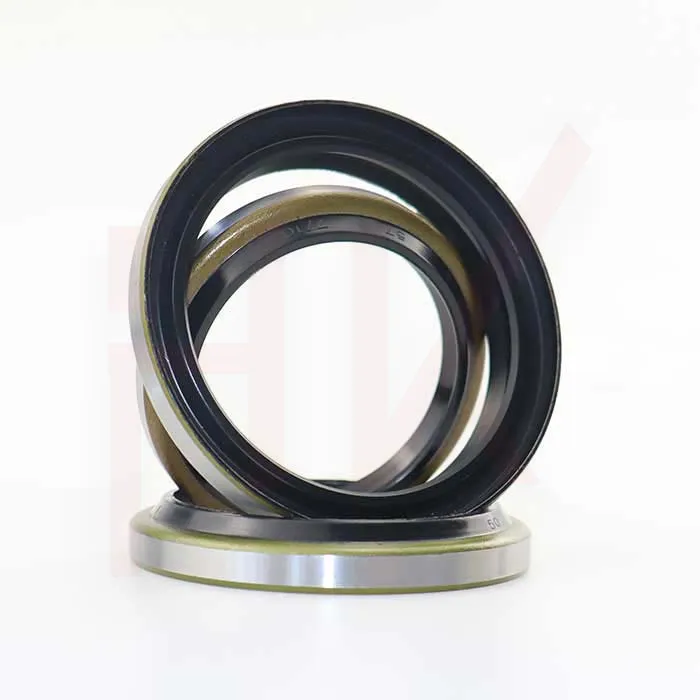Feb . 03, 2025 01:07 Back to list
tcn type oil seal


TCN type oil seals are renowned for their versatility, finding application in a wide array of machines such as engines, gearboxes, hydraulic systems, and pumps. Their ability to function efficiently under varied pressure conditions, from low to high, makes them suitable for both static and dynamic sealing purposes. The installation of TCN type oil seals must be performed with precision to prevent premature failure. Expertise in installation techniques is crucial to ensure a proper fit and to avoid common pitfalls such as lip deformation or misalignment. Utilizing appropriate installation tools and following manufacturer specifications for fitment can significantly extend the service life of the oil seal. In addition to correct installation, routine maintenance of oil seals is imperative for ensuring their durability and effectiveness. This involves regular inspections for signs of wear and damage, such as hardening, cracking, or swelling of the elastomer. Prompt replacement of damaged seals is essential to prevent leakage and contamination, which could lead to costly repairs and downtime. The expertise required in the selection and maintenance of TCN type oil seals is backed by authoritative industry standards, such as those issued by the American Society for Testing and Materials (ASTM) and the International Organization for Standardization (ISO). Compliance with these standards ensures that the oil seals deliver optimal performance under specified conditions. In conclusion, TCN type oil seals are a vital component in the machinery landscape, offering unparalleled protection against oil leakage and contamination. Their selection and maintenance require a blend of expertise and adherence to industry guidelines to harness their full potential. Understanding the nuances of these seals—from material selection to installation—can significantly impact the performance and longevity of your mechanical systems, providing a testament to their enduring value in industrial applications.
-
TCN Oil Seal Metal Ring Reinforcement for Heavy Machinery
NewsJul.25,2025
-
Rotary Lip Seal Spring-Loaded Design for High-Speed Applications
NewsJul.25,2025
-
Hydraulic Cylinder Seals Polyurethane Material for High-Impact Jobs
NewsJul.25,2025
-
High Pressure Oil Seal Polyurethane Coating Wear Resistance
NewsJul.25,2025
-
Dust Proof Seal Double Lip Design for Construction Equipment
NewsJul.25,2025
-
Hub Seal Polyurethane Wear Resistance in Agricultural Vehicles
NewsJul.25,2025
-
The Trans-formative Journey of Wheel Hub Oil Seals
NewsJun.06,2025
Products categories
















